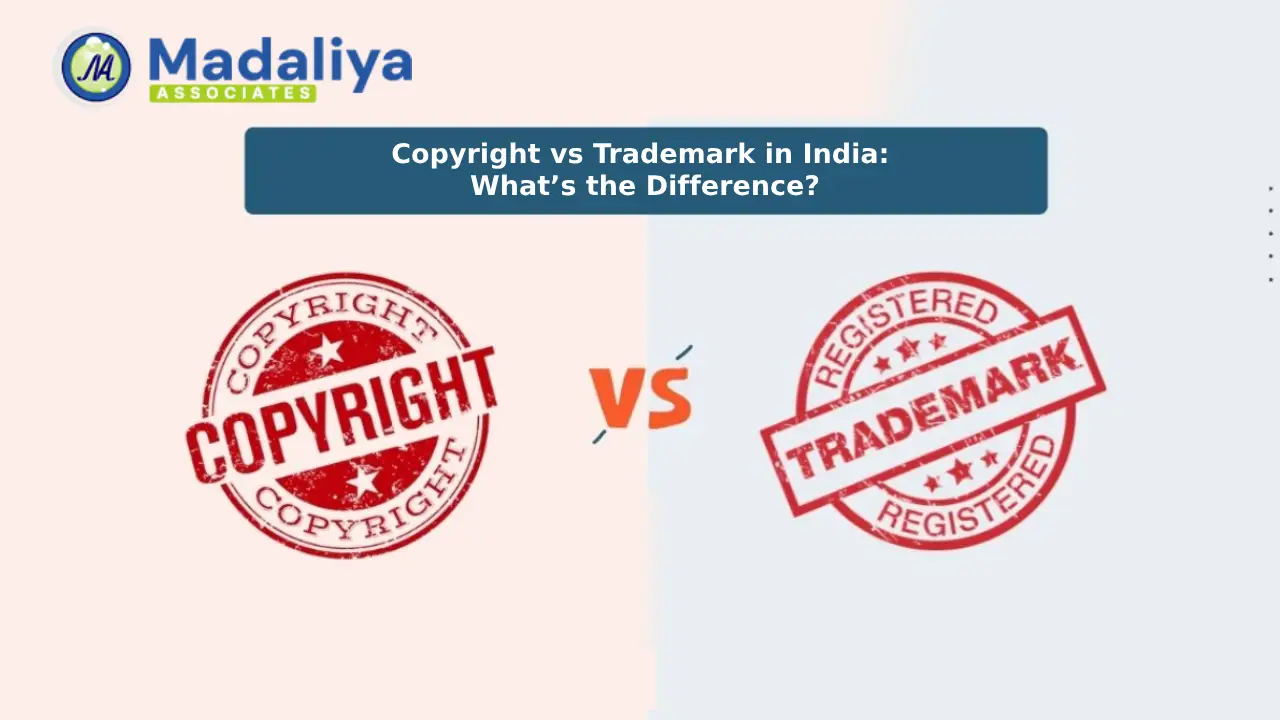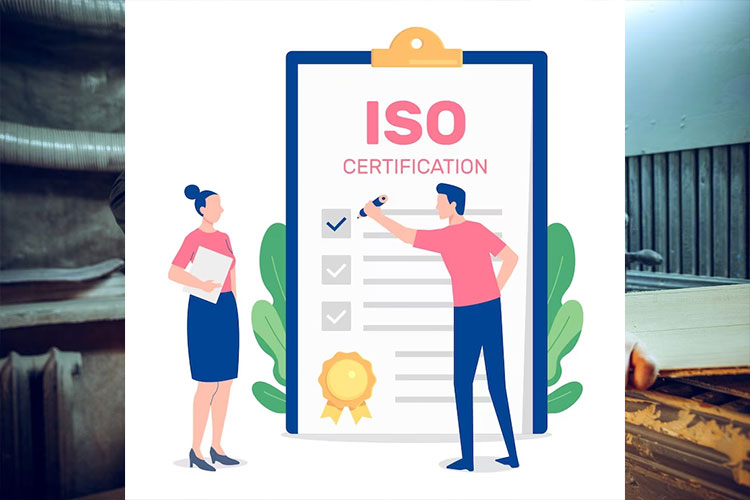)

In today’s fast-paced and competitive marketplace, businesses must continually prove their commitment to quality, safety, and efficiency. One of the most trusted ways to demonstrate this commitment is through ISO certification. This globally recognized certification signals to customers, partners, and regulators that your business meets international standards. In this blog, we will look at the main benefits of ISO certification for businesses. We will explain how the ISO certification process works. We will also discuss why it is important for your organization’s growth and credibility.
What is ISO Certification, and Why Does It Matter?
ISO certification is a formal recognition granted to organizations that comply with standards developed by the International Organization for Standardization (ISO). These standards cover various aspects of business operations, from quality management systems (ISO 9001) to environmental management (ISO 14001) and information security (ISO 27001).
By getting ISO certification, a company shows it follows strict procedures. This helps ensure high-quality products and meets legal rules. This certification is important. It improves your business reputation and builds trust with clients and stakeholders. This helps you stand out in a crowded market.
Top Benefits of ISO Certification for Businesses
One of the most compelling reasons to pursue ISO certification is the broad range of benefits it offers. Firstly, it improves customer satisfaction by ensuring consistent quality in products and services. Certified companies often find more market opportunities. Many clients and government contracts need vendors to have valid ISO certificates.
Moreover, ISO certification helps streamline internal processes, reduce waste, and enhance overall operational efficiency. It also fosters a culture of continuous improvement, motivating employees to maintain high standards. Finally, it supports compliance with regulatory requirements, reducing the risk of fines or legal issues.
Understanding the ISO Certification Process
Getting certified involves a well-defined process that begins with a thorough evaluation of your company’s existing systems. The first step is usually identifying gaps to determine areas that don’t meet ISO standards. Next, organizations implement the necessary changes and document procedures to align with the requirements.
After preparation, a certified body will do an external audit. They will check your processes, records, and compliance. If you pass, your business gets the ISO certificate.
This certificate needs regular audits to ensure you stay compliant. Working with experienced consultants, like those at Madaliya.com, can make this process easier and boost your chances of success.
How ISO Certification Boosts Market Access and Competitiveness
In many industries, ISO certification is more than a quality mark. It is often needed to do business. Companies with ISO certification can reach bigger markets, both at home and abroad. Many tenders and contracts prefer or require certified suppliers.
It also gives your business a competitive edge by showcasing your commitment to international standards, reassuring potential clients about your reliability and professionalism. For small and medium businesses, this can create new partnerships. It can also lead to growth opportunities. These chances are often difficult to find otherwise. Ultimately, certification helps position your company as a trusted and capable player in your industry.
The Role of ISO Certification in Risk Management and Compliance
ISO standards often emphasize risk management and legal compliance, helping businesses proactively identify potential challenges and address them before they escalate. For example, ISO 9001 asks organizations to look at risks that affect product quality and customer satisfaction. ISO 27001, on the other hand, focuses on managing risks to information security.
ISO certification helps your business manage risks. This can reduce problems and strengthen your company. It also protects your assets. It also helps your business follow laws and rules. This reduces the risk of expensive fines and damage to your reputation.
Why Your Business Should Choose ISO Certification Today
Given the numerous advantages, it’s clear that ISO certification is a strategic investment in your business’s future. It boosts credibility, streamlines processes, reduces risks, and opens new business opportunities. More importantly, it reflects a company culture focused on quality, sustainability, and continual improvement.
Whether you are a startup or a well-known company, getting ISO certification can help you gain customer trust. It can also attract new clients and keep you ahead of the competition. For expert guidance and seamless certification support, trust the professionals at Madaliya.com—your reliable partner for ISO and intellectual property services.
FAQs: ISO Certification for Businesses
1. What is ISO certification and why is it important for businesses?
ISO certification is a formal recognition that a company meets international standards for quality, safety, and efficiency. Boosting credibility, helping access new markets, and ensuring compliance with regulations are important.
2. What is the duration to achieve ISO certification?
The process usually takes a few months, depending on your company’s size and readiness. It involves preparation, audits, and corrective actions to meet all requirements.
3. What are the primary ISO certification types?
Popular types include ISO 9001 (Quality Management), ISO 14001 (Environmental Management), and ISO 27001 (Information Security).
4. Can small businesses benefit from ISO certification?
Sure! ISO certification helps small businesses improve their processes. It also builds trust with clients and helps them compete for larger contracts.
5. How can Madaliya.com help with ISO certification?
Madaliya provides expert advice. They help you prepare your documents. They guide you through audits. They make sure you have a smooth path to certification.






